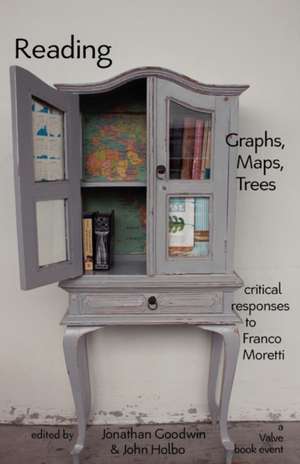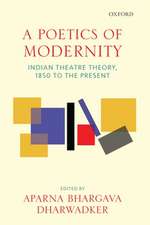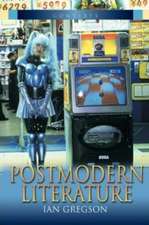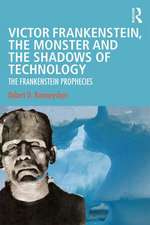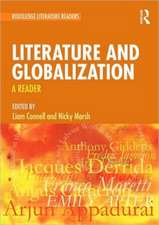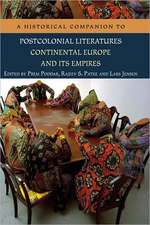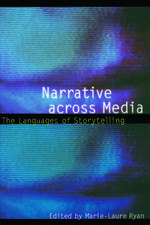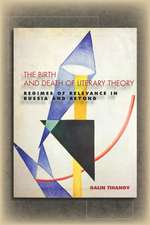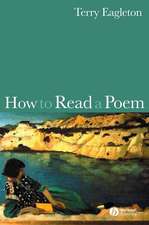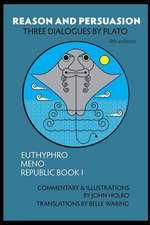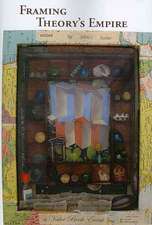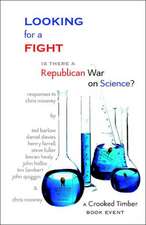Reading Graphs, Maps, and Trees: Responses to Franco Moretti
Franco Moretti Editat de Jonathan Goodwin, John Holboen Limba Engleză Paperback – 31 dec 2010
Preț: 127.01 lei
Nou
Puncte Express: 191
Preț estimativ în valută:
24.31€ • 26.39$ • 20.42£
24.31€ • 26.39$ • 20.42£
Carte tipărită la comandă
Livrare economică 22 aprilie-06 mai
Preluare comenzi: 021 569.72.76
Specificații
ISBN-13: 9781602352056
ISBN-10: 1602352054
Pagini: 166
Dimensiuni: 140 x 216 x 10 mm
Greutate: 0.22 kg
Ediția:New.
Editura: Parlor Press
ISBN-10: 1602352054
Pagini: 166
Dimensiuni: 140 x 216 x 10 mm
Greutate: 0.22 kg
Ediția:New.
Editura: Parlor Press
Descriere
The present volume collects generalist, specialist, academic, and nonacademic responses by statisticians, philosophers, historians, literary scholars, and others--as well as Moretti's comments about the responses to his work "Graphs, Maps, and Trees: Abstract Models for Literary History."
